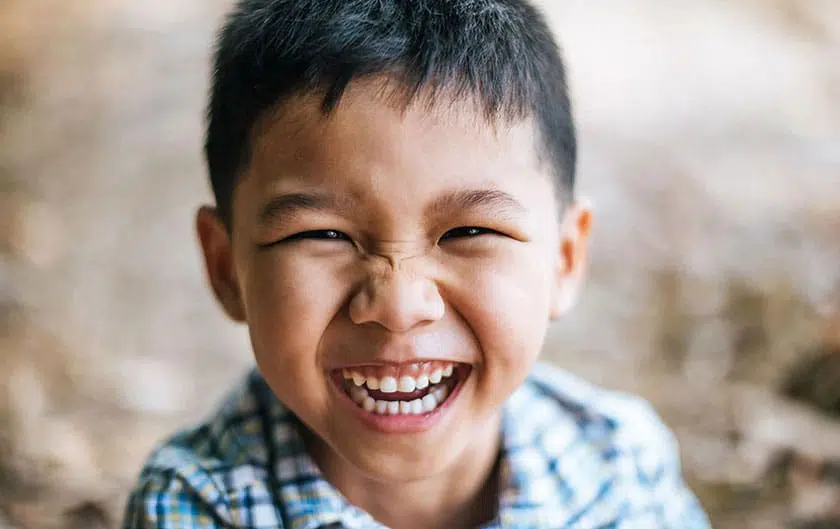On the occasion of World Smile Day, celebrated last October 1st, some schools of the Parentes Educational Network echoed the indescribable value of smiles and the importance of a sense of humor in the learning and development process of children, youth and adults. No matter how big a person is, a smile will always be the best way to improve your day and take care of your health.
More than once, Science has shown that laughter contributes to a good physical and mental condition because when we laugh, the cortex of the brain is activated and allows the release of all the negative energy in our body. In this process endorphins and dopamine are expelled, leading to a considerable decrease in cortisol levels. That’s why we can conclude that laughter has a medicinal value because it reduces stress, increases immunity and even relieves pain.
When talking about education, there is the fascinating possibility of being able to combine humor with the teaching-learning process and transmit to students, from a very young age, this essential habit for life. Children are experts at laughing, they are the ones who give us lessons in laughing freely, with joy and frequency, without distinction of contexts and without losing respect.
There are several ways in which educators can make intelligent use of a sense of humor and encourage laughter in their classrooms: telling the joke of the day, doing scrambled words or simply using picture books. All this in order to develop another habit of mind, help to relativize and deepen the search for solutions and have a positive impact on students. Properly used humor can become a valuable tool for improving retention in students of all ages, according to educational research.
It is possible to cultivate a healthy sense of humor and allow oneself to see everyday things in life from a different perspective. A subtle and respectful sense of humor is an amazing feature of a mature person.
